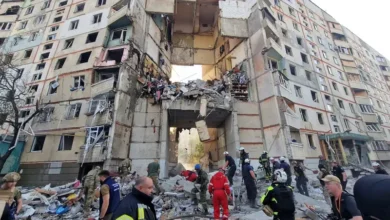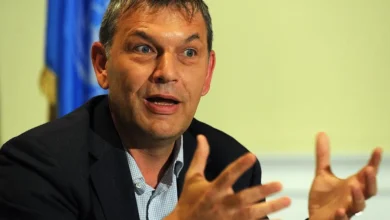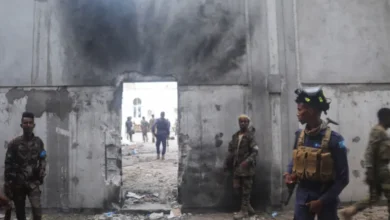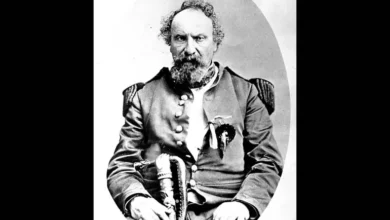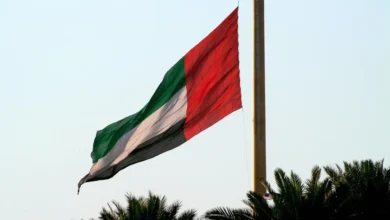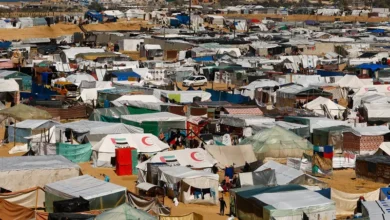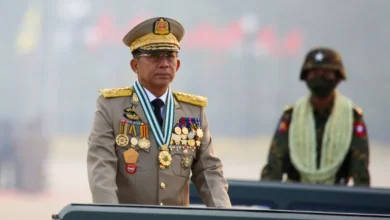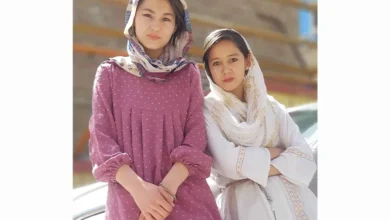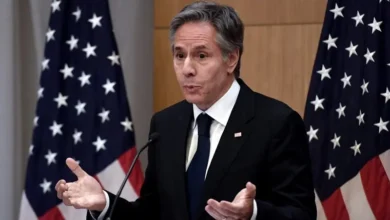How Ghana, Africa’s rising star, ended up in economic turmoil
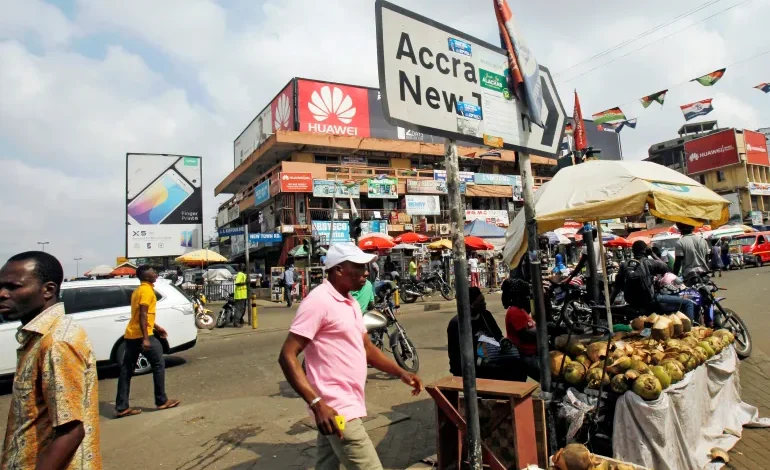
Doris Oduro sits at her small, almost-empty store in Odorkor, a suburb of Ghana’s capital, Accra. The single mother of two feels frustrated. After 15 years in business, she is now considering closing because she cannot restock her shop due to the high cost of living.
“I am running at a big loss,” Oduro, 38, told Al Jazeera. She sells imported items, including juices, biscuits, soft drinks, toiletries and sweets, but Ghana’s economic crisis is taking a huge toll on her business.
“Prices of goods keep soaring, and it is affecting my principal capital,” she said. “I want to close my store and find something else to do. Things are tough for me because I can’t sustain the business and I have a family to keep.”
Ghana, a country once described as Africa’s shining star by the World Bank, had the world’s fastest-growing economy in 2019 after it doubled its economic growth. But today, it is no longer the economic poster boy of West Africa. Despite being a major cocoa and gold exporter, it is currently battling its worst financial crisis in decades with inflation hovering at a record 50.3 percent, the highest in 21 years.
Ghana’s economic successes were in the limelight when the new government of President Nana Akufo-Addo took power in January 2017 and brought down inflation significantly. Under the previous government in 2016, it was 15.4 percent, and it fell to 7.9 percent by the end of 2019 and remained in single digits until the pandemic hit in March 2020.
Ghana’s budget deficit, which was about 6.5 percent of the nation’s gross domestic product before Akufo-Addo’s government came to power, was brought down to under 5 percent of GDP by the end of 2019.
“The growth that we experienced around 2017 to 2019 was actually coming from the oil sector,” Daniel Anim Amarteye, an economist with the Accra-based Policy Initiative for Economic Development, told Al Jazeera.
“We were so excited that the economy was growing, but we couldn’t devise strategies to ensure that the growth reflects in the other sectors of the economy,” he said. “For instance, we neglected the agriculture sector, and we couldn’t do any meaningful value-added investment in that sector. The government became complacent.”
According to the United Nations’ Food and Agriculture Organization, agriculture represents 21 percent of Ghana’s GDP and accounts for more than 40 percent of its export earnings. At the same time, it provides more than 90 percent of the food the country needs.
“Over the years, the government failed to invest in increasing output in the agricultural sector that will eventually lead to economic growth and transformation and food security. We are a major cocoa growing country, but we didn’t pay attention to increasing yields to translate into more foreign exchange earnings to drive economic growth and employment,” Amarteye said.
Ghanaian traders, who contribute significantly to the economy, mostly buy and sell products they import from Western countries and China, including home appliances, consumables, cars and second-hand clothes. Due to the nature of their businesses, there is a persistent strong demand for the US dollar to pay for imports. This led to the continuous depreciation of the local currency, the cedi, which was recently described as the worst-performing on world markets.
As inflation surges, rising prices keep the cost of living accelerating for Ghanaians.
“Things are not the same anymore,” said Francis Anim, a vehicle spare parts importer. “I used to spend $5 a day with my wife and child on food alone early this year. Now we spend close to $10 [for the same amount of food]. Why?”“We are feeling the heat,” he said. “The import duties are very high at the ports, so we have to pass on that burden to retailers, and eventually the consumer suffers. This has resulted in a high cost of living in Ghana, and the economy is not helping us either.”
